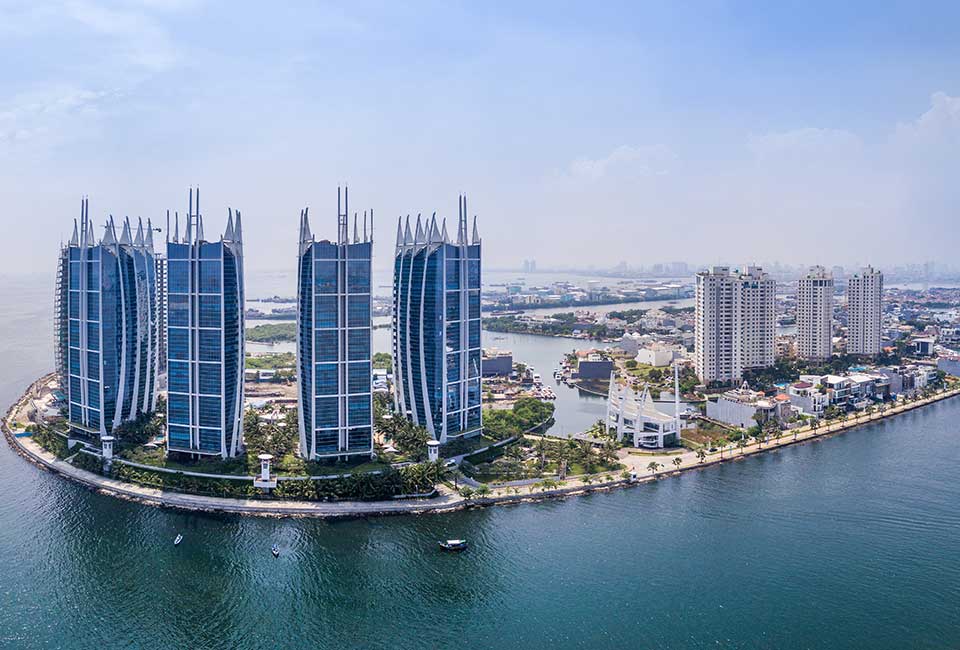
A team of researchers has analyzed the state of adaptation to climate change in 199 coastal cities in 54 countries. Risk factors such as rising sea levels, storms, infrastructure and ecosystems were evaluated.
Coastal cities play a central role in the global economy and have important functions for society. At the same time, they are severely affected by the consequences of climate change. They therefore also play a key role in global climate adaptation. To gain an overview of the current state of adaptation, an international team led by Professor Matthias Garschagen, geographer at Ludwig-Maximilians-Universität München (LMU), has now analyzed the current status.
The researchers used studies to investigate whether and how cities take certain risk factors into account in their strategy. Climatic factors such as rising sea levels, storms, flooding and heat play an important role here. However, other aspects such as the exposure and vulnerability of the population, infrastructure and ecosystems of the respective region were also taken into account in the analysis.
Measures against the climate crisis are mostly inadequate
Most measures for better adaptation to climate change primarily concern sea level rise, flooding and, to a lesser extent, storm surges, hurricanes and erosion. Technical and institutional measures such as large-scale dykes or adaptations in urban planning are more common in wealthier regions such as North America and Europe. In lower-income regions such as Africa and Asia, on the other hand, behavioral measures dominate, with affected households and companies being left to their own devices.
Adaptation measures are insufficient
Overall, the LMU researchers found that most adaptation measures are inadequate in terms of depth, scope and speed - regardless of the respective regions and their prosperity. The researchers also found little evidence of a sustainable reduction in risks as a result of the measures already implemented. «Our results show a need to catch up at all levels», explains Prof. Matthias Garschagen. And he continues: «There is little really far-reaching change in which risk management is fundamentally rethought. Cities often try to optimize disaster management for future risks on the basis of past experience without fundamentally questioning whether these approaches will still be viable in the future.»
Global research on climate change is needed in all regions of the world
The basis for adaptation planning is rarely quantified. Future natural hazards such as flooding and heat are taken into account by cities, but socio-economic factors such as social vulnerability and spatial and societal changes are rarely considered. «This is important», says Garschagen, «because the Lagos or Jakarta of today will not be the same as the one in 20 years' time. There are certainly big gaps in our research and we need better scenarios and modeling methods. Another important question is when it makes more sense to abandon coastal protection measures and consider resettlement instead.»
Garschagen therefore advocates a stronger expansion of research activities in the global South. This is because most research activities have so far been concentrated on cities in the global North. «Global climate change research that covers all regions of the world would lead to a faster and more efficient fight against the climate crisis», Garschagen is convinced.